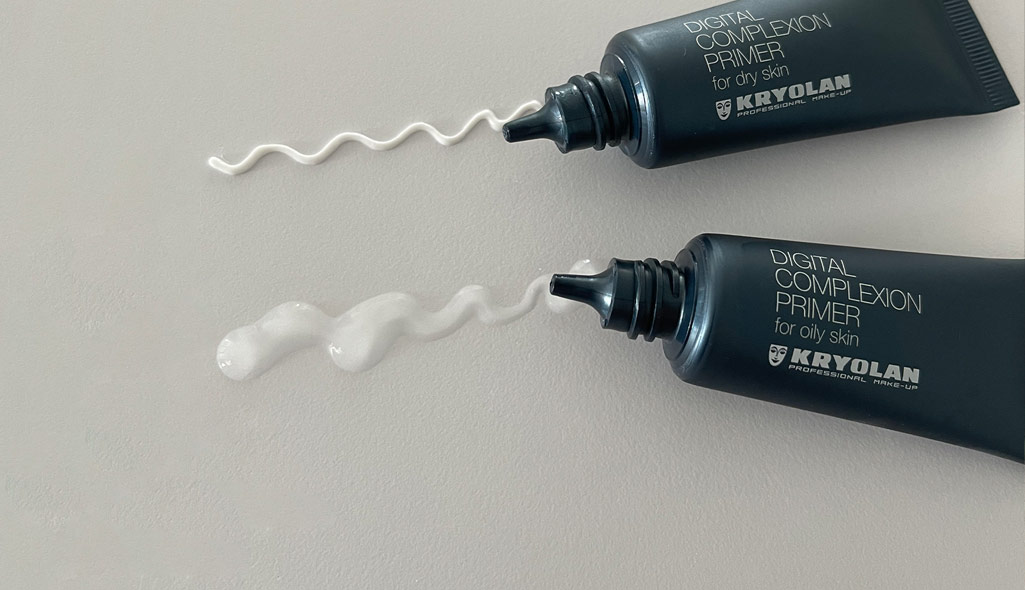
Pro Tips
Multi Priming: How to use Primer for Combination Skin
Find the best primer match for combination skin
The great advantage of using face primer is that you can:<ul style="margin-left:17px">
dry areas, which in turn prolongs the durability of your foundation
But now comes the question of all questions: How do you apply primer if you have neither dry nor oily skin, but combination skin? That means some areas, such as the T-zone, tend to get oily quickly, while your cheeks tend to be dry. The answer is multi priming.
Multi priming doesn't mean you mix two primers together. Instead, with this simple technique, you apply the appropriate base to skin areas that need a specific primer. For example, Digital Complexion Primer for dry skin on dry areas and Digital Complexion Primer for oily skin on oily areas.
The number of primers you need for an optimal result is not limited. For example, in addition to the silicone-based primer for oily skin and the water-based primer for dry skin, a special primer that does not contain too much oil is suitable for the eye(lid) area. It has the thinnest skin on your face and, therefore, a lower absorption capacity, resulting in the greasing of your make-up when using heavy products. Eye Shadow Primer is an ideal base for that – both under the eyes and on the eyelids.
Worried about multi priming affecting the results of your foundation?
You don't have to worry at all.
Our tips:
1. Use a clean brush for each primer so that the products do not mix.
2. Allow each primer to soak into the appropriate areas for 1-2 minutes before moving on to foundation.


